By Mitesh Prajapati ·
PHP Isn’t Dead: Why It Still Powers the Modern Web (2025)
PHP Laravel WordPress Backend Performance Security Career
Every year, a headline declares “PHP is dead.” And every year, PHP quietly serves billions of requests, runs mission-critical apps, and powers huge parts of the web. If you’re wondering whether PHP is still a smart choice in 2025, the short answer is: yes.
PHP thrives not because of nostalgia—but because the ecosystem, tooling, and language have evolved.
Why PHP still wins in 2025
- Deployment is simple. Drop code, configure Nginx/Apache, and you’re live—no long-running processes required.
- Hosting is everywhere. From shared hosting to containers and serverless, PHP runs affordably almost anywhere.
- Massive installed base. Millions of sites—especially on WordPress—need ongoing development, optimization, and security.
- Great developer experience. Composer, PSR standards, Rector, Pint, and first-class IDE support make shipping fast.
Modern PHP is a different language
PHP 8+ introduced features that bring clarity, speed, and safety:
- Attributes, union types, constructor property promotion
- Enums, readonly properties,
matchexpressions - JIT improvements, fibers (for async frameworks), FFI
Quick examples
// PHP 8.1+ Enums
enum Status: string { case Draft = 'draft'; case Published = 'published'; }
final class Post {
public function __construct(
public readonly string $title,
public Status $status = Status::Draft
) {}
}
$post = new Post(title: 'PHP Isn’t Dead');
$post->status = Status::Published;
// Match expression
$badge = match($post->status) {
Status::Draft => 'gray',
Status::Published => 'green'
};
Ecosystem strength: Laravel, WordPress & more
Laravel gives you batteries-included productivity—queues, events, jobs, caching, robust testing, and a rich package ecosystem. WordPress powers a giant slice of the public web and continues to be a lucrative niche for themes, plugins, and custom builds.
Modern tooling like Composer, Pest, Rector, PHPStan, Symfony components, and Docker make professional workflows smooth.
New to PHP? Start with my free Web Development: Zero to Hero series and explore Laravel when you’re ready to build production apps.
Performance & scalability
- OPcache and JIT deliver strong real-world performance.
- Horizontal scaling with PHP-FPM + Nginx is straightforward and cost-effective.
- Caching layers (Redis, Memcached), queues (Redis, SQS), and CDN offload make PHP apps fly.
For APIs, frameworks like Laravel Octane, Symfony, and Swoole/FrankenPHP unlock persistent workers and async I/O.
Security best practices
- Keep to supported PHP versions and update dependencies via Composer.
- Use parameterized queries (PDO) and a WAF/Cloud CDN for edge protection.
- Automate static analysis (PHPStan) and code style (Pint) in CI.
Career outlook
Enterprises, agencies, and product teams continue to hire for PHP—especially with Laravel, WordPress, and API experience. If you can modernize legacy code and ship clean, tested features, you’ll stay in demand.
Tip: Build a small SaaS with Laravel + MySQL + Redis, deploy on a VPS or container platform, and showcase it in your portfolio. Real projects beat buzzwords.
FAQ: Is PHP really not dead?
Is PHP still relevant in 2025?
Yes. The language continues to evolve, and the ecosystem (Laravel, WordPress) ensures constant real-world demand.
Should I learn PHP or switch to something else?
If your clients or projects are on WordPress/Laravel or you want fast time-to-market, PHP is an excellent bet. It also pairs well with modern front-ends.
Can PHP handle modern APIs and real-time features?
Absolutely. With Octane, Swoole/FrankenPHP, queues, and websockets, you can build fast APIs and near real-time experiences.
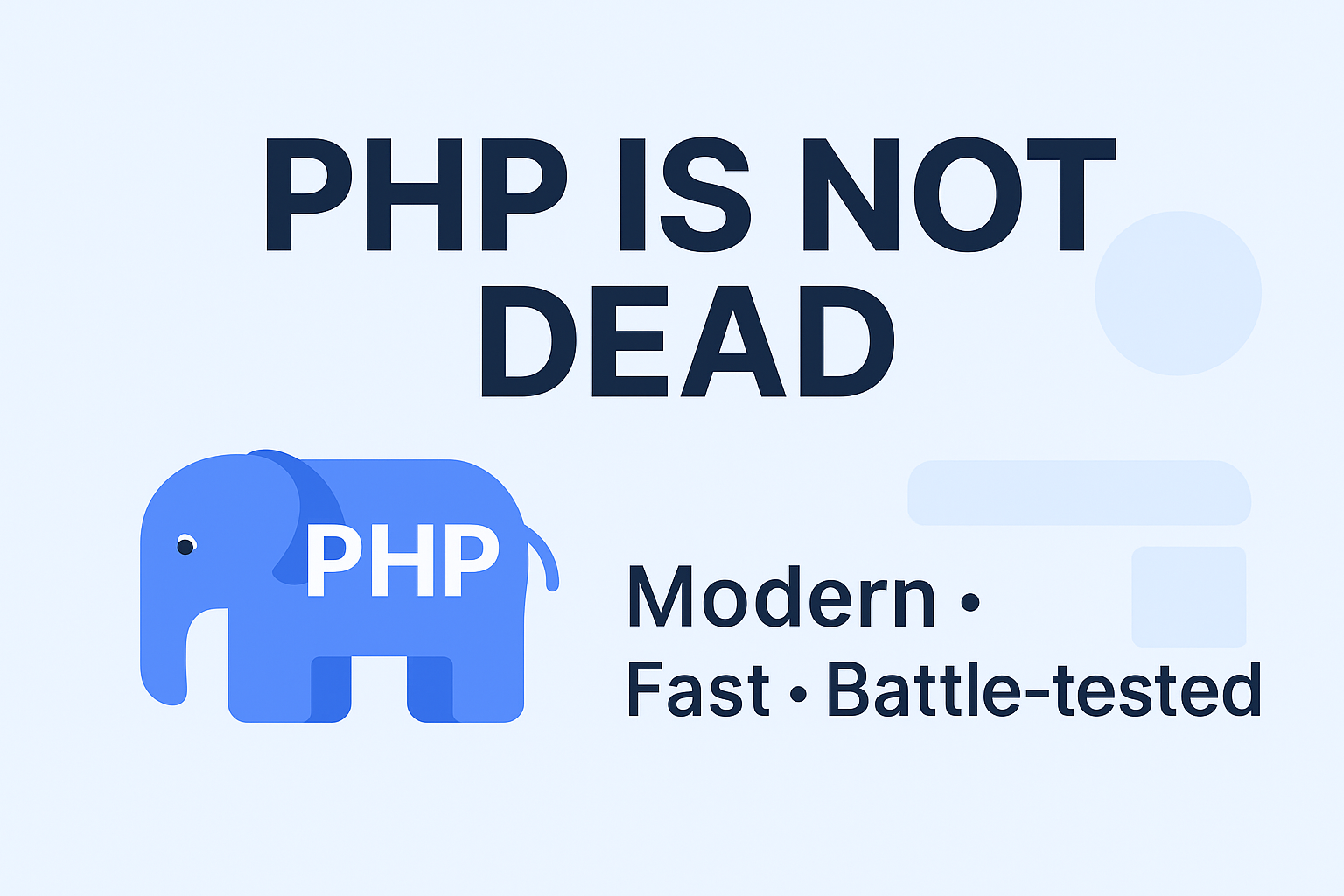

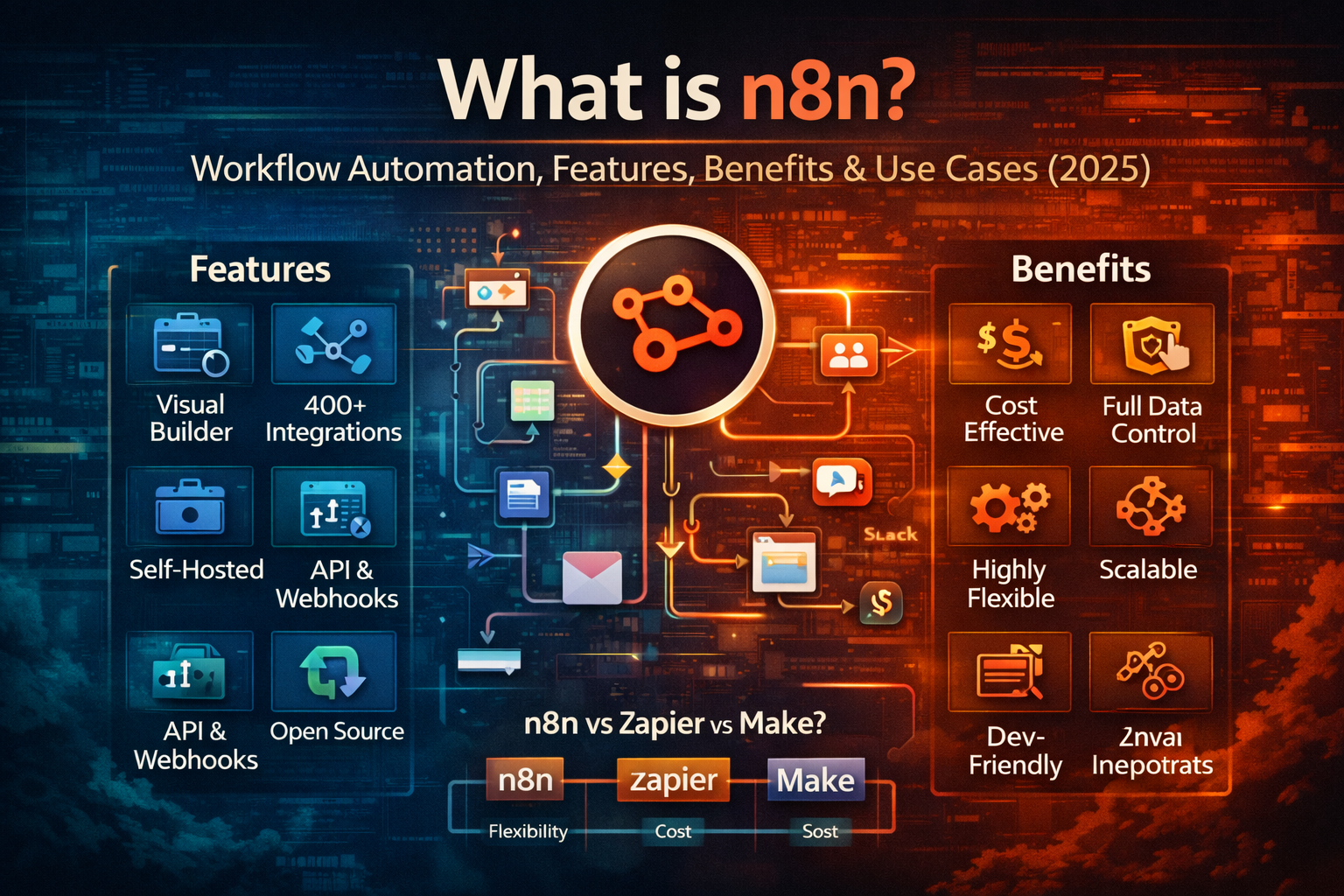
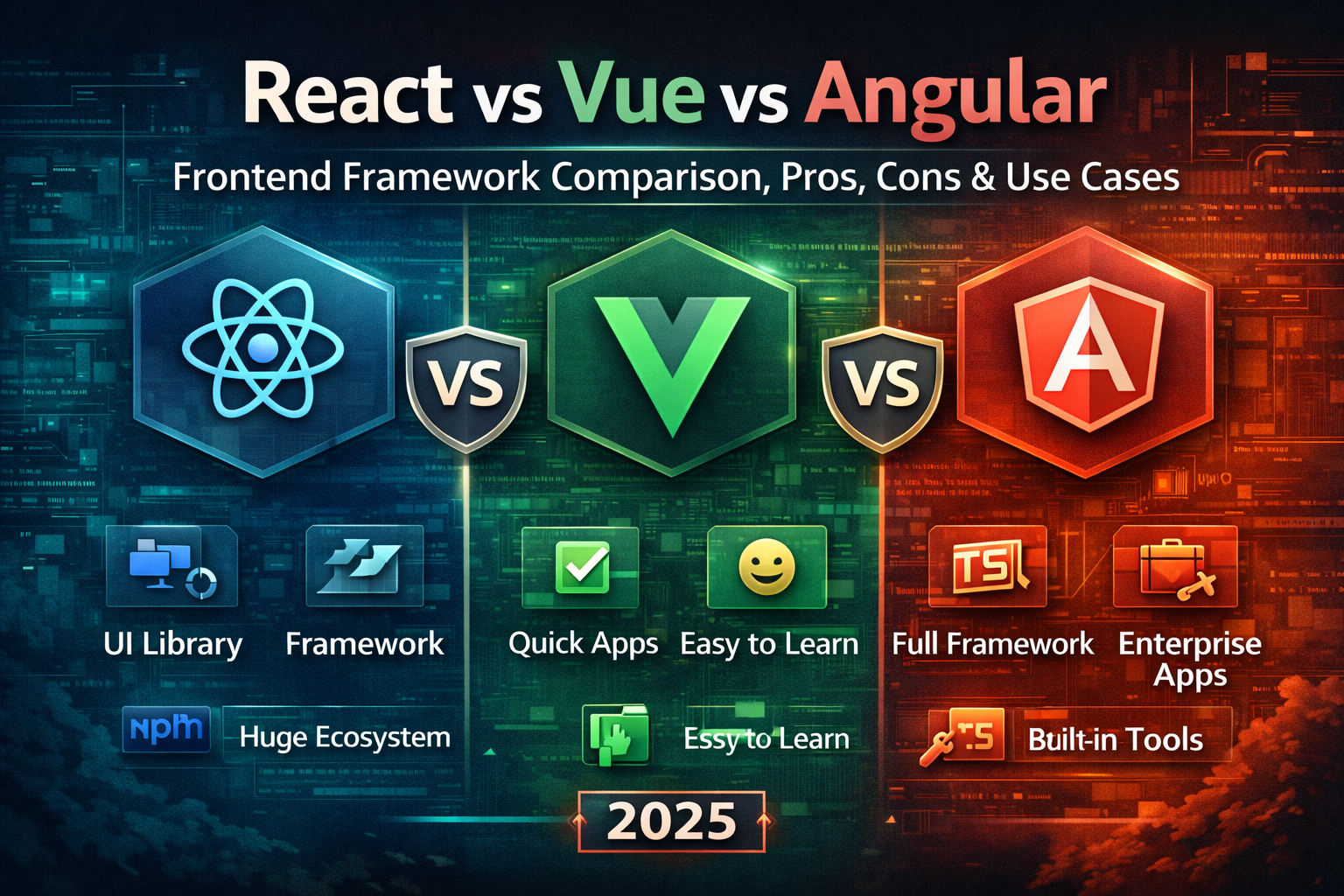
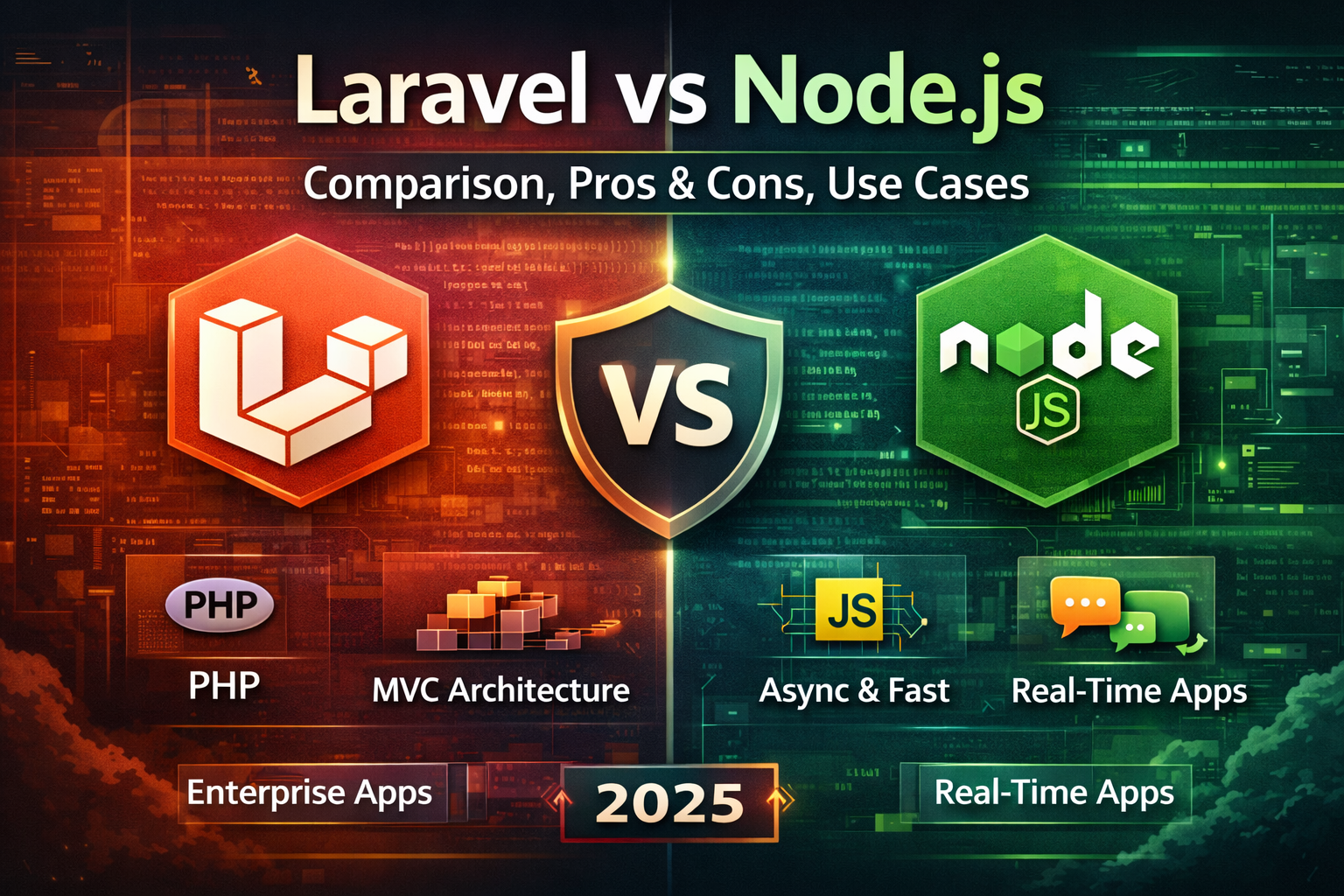

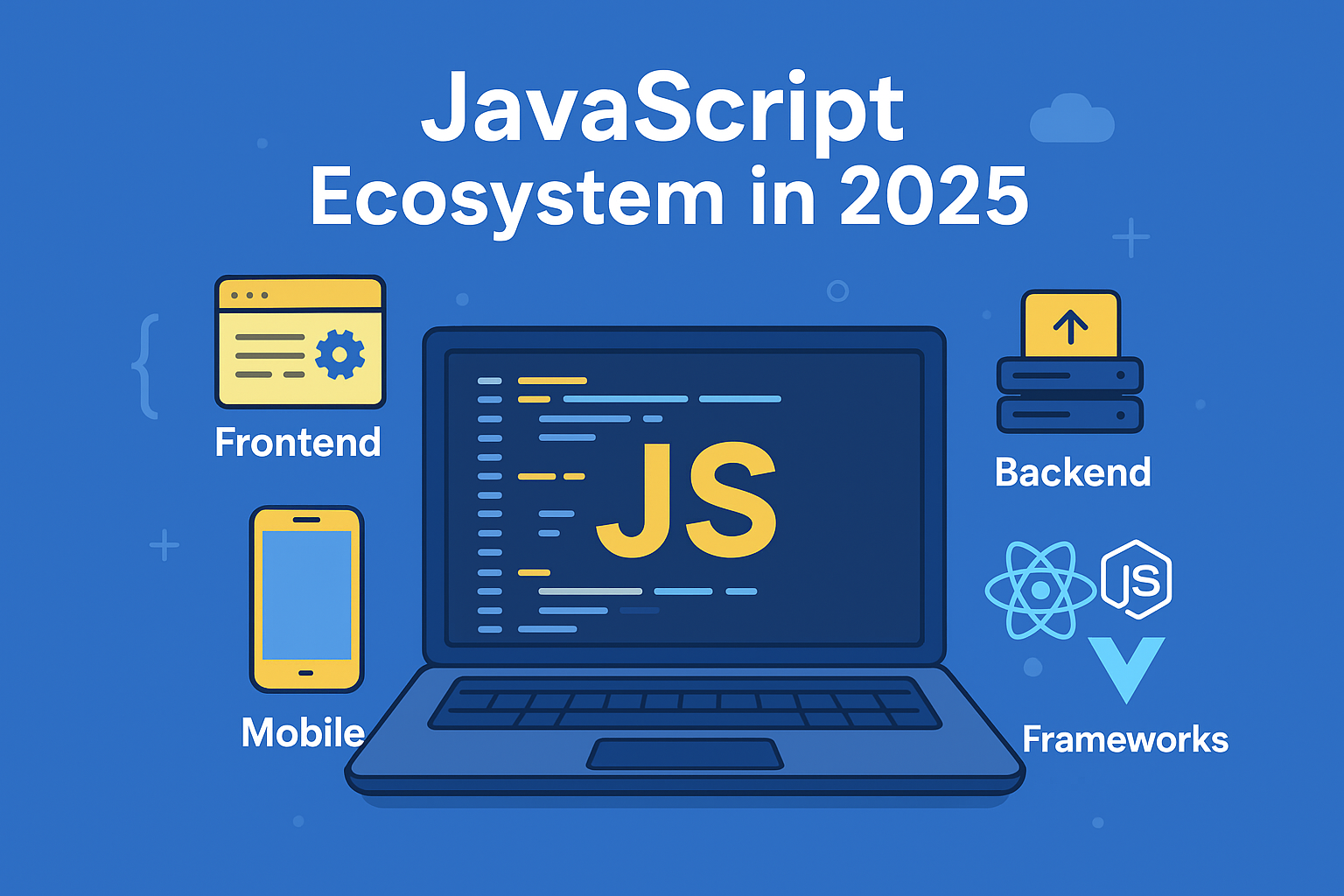

Discussion (1)
I read blog and I tell all developer php is not dead and php is awesome backend language.
Leave a comment